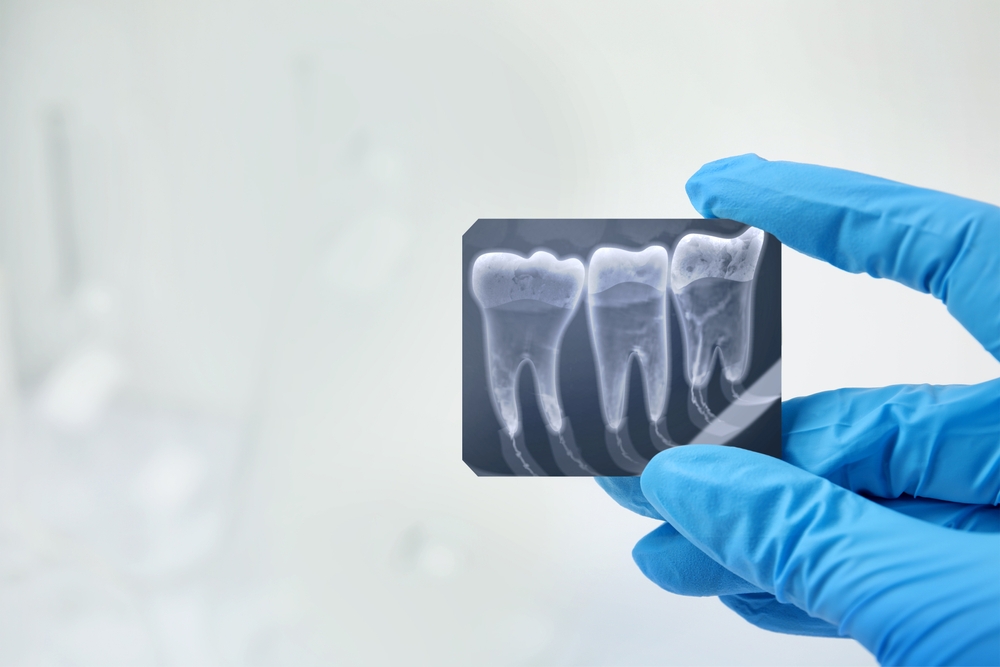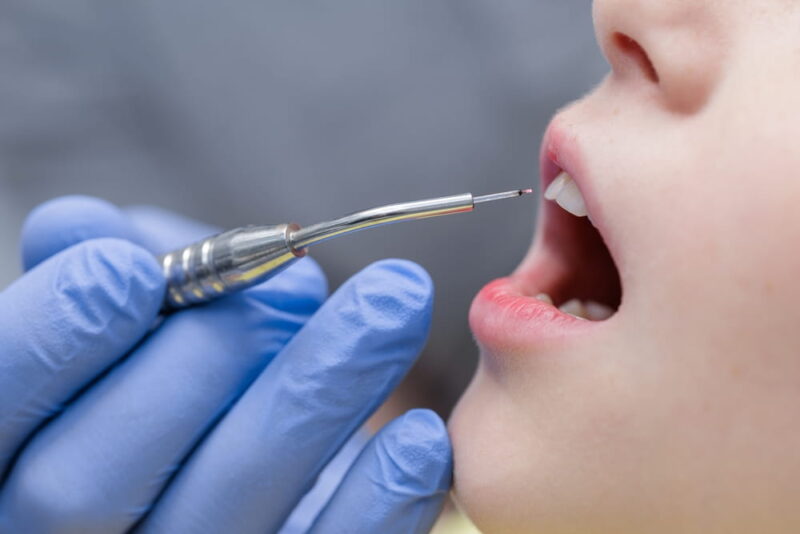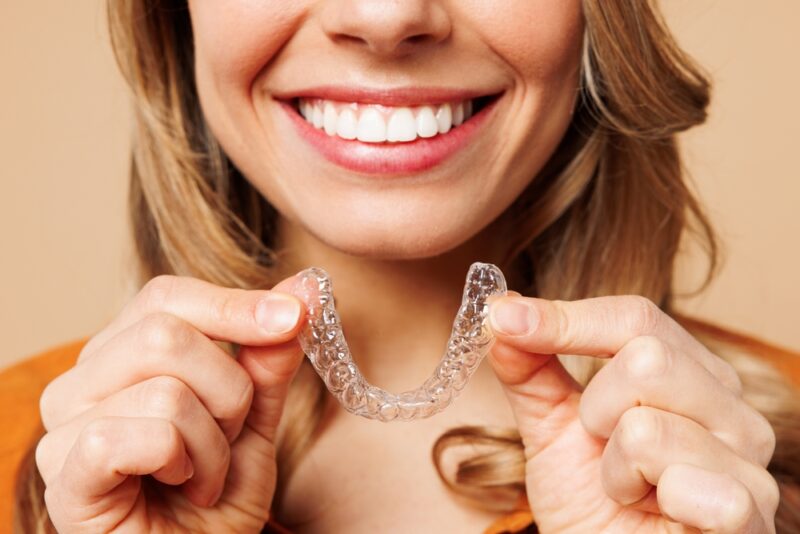Cavities, also known as dental caries, are one of the most common health problems worldwide, particularly among children. But if your child is frequently dealing with cavities, you might wonder whether genetics play a role. While brushing, flossing, and regular dental visits are critical, it turns out that genetic factors can also influence susceptibility to dental decay. This blog from Aloe Dental Wellness in CA explores the genetic components of cavities and provides guidance for parents concerned about their children’s dental health.
The Role of Genetics in Dental Health
Dental health, like many other health-related traits, is partially influenced by genetics. Studies suggest that up to 60% of the risk for tooth decay is determined by genetic factors. Here’s a closer look at how genetics can influence your child’s risk of developing cavities:
1. Enamel Strength: The strength and composition of dental enamel, the hard, protective outer coating of teeth, are significantly influenced by genetics. Some people inherit softer enamel that is more susceptible to decay.
2. Saliva Composition: Saliva plays a vital role in maintaining oral health by neutralizing acids produced by bacteria in the mouth. The quantity and quality of saliva are influenced by genes, affecting how well saliva can protect against cavities.
3. Tooth Shape and Alignment: Genetically determined characteristics such as the size, shape, and alignment of teeth can affect oral health. Teeth that are crowded or misaligned can be harder to clean, making them more prone to decay.
4. Taste Preferences: Genetic variations can influence taste preferences, such as a higher preference for sweets. A diet high in sugary foods and beverages significantly increases the risk of developing cavities.
5. Immune Response to Bacteria: The body’s immune response to the bacteria that cause cavities is influenced by genetics. Some people may have a natural resilience against these bacteria, while others may be more vulnerable.
Environmental Factors and Lifestyle Choices
While genetics play a role, environmental factors and lifestyle choices are equally, if not more, important in the development of cavities. Here are some key non-genetic factors:
- Oral Hygiene: Regular brushing and flossing remove plaque and food particles that can lead to cavities. Poor oral hygiene is a significant risk factor for dental decay.
- Diet: Consuming foods and drinks high in sugars and acids can lead to cavity formation. Limiting these and encouraging a balanced diet can help mitigate the risk.
- Fluoride Exposure: Fluoride helps strengthen enamel and reduce the risk of decay. Its presence in water, toothpaste, and certain professional treatments can be a critical factor in preventing cavities.
- Dental Care: Regular dental check-ups allow for the early detection and treatment of oral health issues before they develop into more serious problems.
Preventive Measures for Parents
Understanding the genetic components can help, but focusing on modifiable factors is crucial for preventing cavities in children. Here are some tips for parents:
- Establish Good Oral Hygiene Early: Teach your children to brush twice a day with fluoride toothpaste and floss regularly. Make it a fun part of their daily routine.
- Limit Sugary Snacks and Drinks: Encourage healthier snacks like fruits, vegetables, and nuts, and keep sugary treats as occasional rewards.
- Regular Dental Visits: Start dental check-ups at an early age to get professional cleanings and fluoride treatments. These visits also help children become comfortable with dental care.
- Be a Role Model: Show your children good oral hygiene practices by maintaining them yourself. Let them see you brushing and flossing regularly.
- Discuss Family History with Your Dentist: If there are known genetic factors affecting dental health in your family, discuss these with your dentist. They may offer additional preventive advice or treatments.
Proper Care and Hygiene Can Make a Difference
While genetics can influence the likelihood of developing cavities, they are not the sole determinant. A combination of good oral hygiene practices, a healthy diet, regular dental care, and an understanding of your family’s dental history can significantly help manage your child’s risk of cavities. By focusing on these actionable areas, you can help ensure that your child maintains a healthy, cavity-free smile for years to come.
By educating yourself about the roles both genetics and lifestyle choices play in dental health, you can provide the best care for your child’s teeth and overall well-being.
Choose Aloe Dental Wellness For All Your Dentistry Needs
At Aloe Dental Wellness, you can expect the very best in dental care with Dr. Daniela Cadavid. Before your appointment, you can expect to enjoy soothing music and fresh coffee, tea, and water in our relaxing patient lounge. Our office is a child-friendly, family-oriented environment, and we pride ourselves on the ability to make patients of all ages comfortable.
Dr. Cadavid is glad to offer a brand-new office equipped with the latest technology and services in both English and Spanish to UCSB students and staff, as well as the surrounding communities. Aloe Dental Wellness in Santa Barbara County is proud to provide general, cosmetic, and emergency dentistry services to meet the needs of your entire family as well. For an appointment, call us at 805-454-7727 today.




